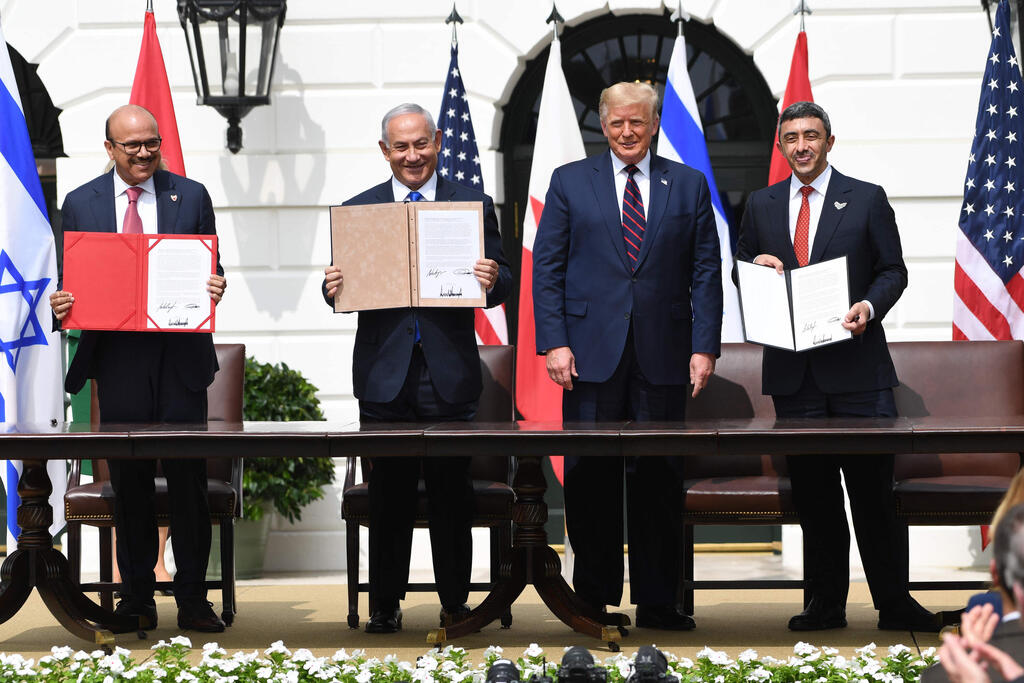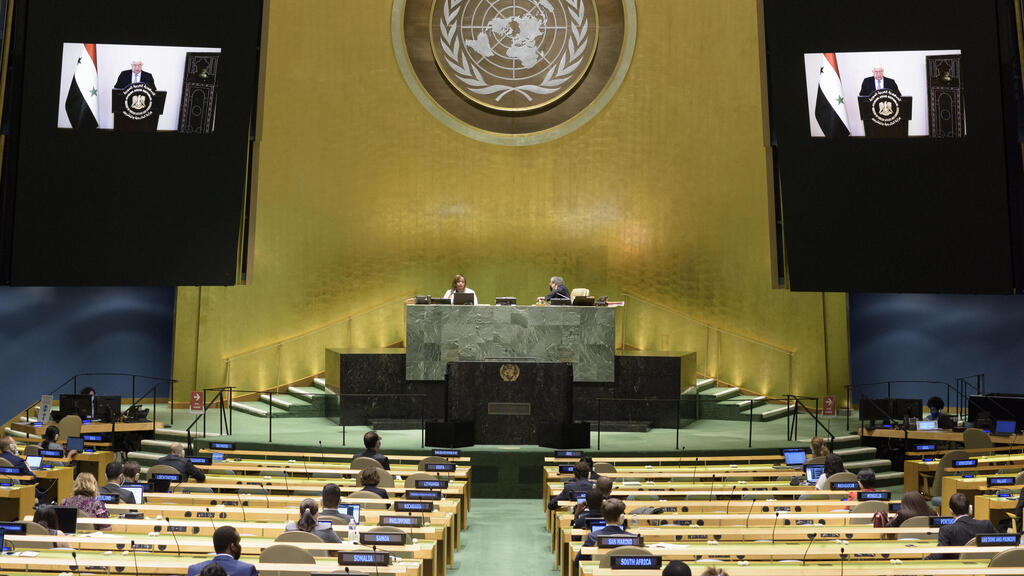Getting your Trinity Audio player ready...
The public debate on the two-state solution has seen its ups and downs in the past decade. But there is one consensus that crosses political party lines and according to it, there is no chance in the foreseeable future to reach a permanent peace agreement with the Palestinians.
The term "no partner for peace" has worn out due to repeatable use. In recent months, the voices that say the two-state solution is dead have gotten louder due to the growing unrest in the West Bank, the absence of a Palestinian leader who is willing to reach a peace deal, and the shift of Israeli society toward the right side of the political map.
Israeli expert on democracy, Prof. Matti Steinberg, said the current Israeli reality is pretty clear: it's either a two-state solution or deterioration into apartheid.
Steinberg says while the first alternative requires consent and a formal declaration, the apartheid alternative does not, and may occur by default in the event that the two-state solution falls through.
Some will claim that Israel's comfortable strategic situation in recent years has given it a wider range of options to reinforced its position against the Palestinian side. The dissipation of hate toward Israel by all Arabs states in the Middle East, thanks largely to the Abraham Accords, changed, without doubt, Israel's status in the Gulf region, and the new alliances with some Arab countries prove that.
However, those who praise these achievements, and they are indeed important, are wrong about one thing - these new alliances won't make the Israeli-Palestinian conflict disappear. This conflict is between two nations that are trapped together on the same small piece of land. In this situation finding a solution is crucial to maintaining the Jewish identity of Israel.
Nevertheless, the current trend appears to be calling for a temporary solution to the conflict by limiting the scope of Israeli occupation of Palestinian territories. They provide the illusion that friction points between the two sides can be minimized without addressing the core issues of the conflict.
What can and must be done? First, the two-state solution may have drifted away from the political agenda, but it's not gone.
If this solution disappears completely it will only be after Israel consciously decides to shelve it. However, the Jewish state doesn't have the privilege to do so. I'll reemphasize again - accepting the claim the two-state solution is impossible to reach means that a descent towards apartheid is inevitable. Israel will never openly declare this to be the case, but the international community might.
The term "apartheid" in Israel invokes harsh responses and accusations of misplaced intimidation. Just like Foreign Minister Yair Lapid said last week when he estimated that in the coming year Israel will be accused by the United Nations of conducting a policy of apartheid towards the Palestinians.
However, you can find apartheid-like features in some actions conducted by the Israeli government, which are accepted with understanding by most of the Israeli public: Lack of basic civil rights for Palestinians, different enforcement of the Israeli law in the so-called Occupied Territories, non-punishment of offenses done by Israeli radicals against Palestinians, separate traffic routes that bypass Palestinian territories (understandable security-wise, but extremely problematic legally), and many more.
The difficulty of understanding the term "apartheid" is understandable. But it's just as important to understand that this is a process of a slow or fast deterioration into a startling reality. And if the Israeli public internalizes this reality, there is a chance we might wake up and reject what we couldn't see before.
Therefore, we must act to prevent the erosion of the two-state solution. The public and political discourse on the diplomatic solution to the conflict must be restored, at least as long as the Palestinian leadership is still committed to the Oslo Accords.
The Palestinian leadership is perceived as undemocratic, however, other Arab societies in the Middle East, including some of our friends, also have this kind of mindset. The question is whether the current leadership, though weakened, still sees the two-state solution as a common basis for political and strategic discourse.
If the answer is yes, and I think it is, it is appropriate to contribute to its legitimacy, both at the highest level of political domestic discourse and through our strategic ally, the United States. The Trump administration, despite its numerous flaws, provided us with the Abraham Accords and recognition of Jerusalem as Israel's capital. The Biden administration can provide the sane and realistic discourse, with comfortable and improved circumstances for Israel.
Michael Harari is a fellow at the Mitvim Institute and a lecturer at the Max Stern Yezreel Valley College





